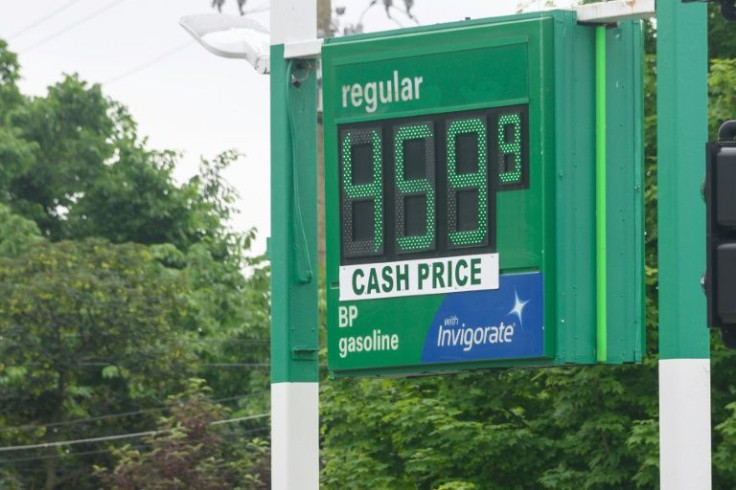US Gas Prices: Some States Have Suspended Gas Tax, More May Follow
New York became the latest state to suspend its gas tax on Wednesday. The move eases the burden off of drivers, who pay close to $5 per gallon.
The suspension comes as both inflation and the Russia-Ukraine war caused oil prices to surge in recent months.
New York lawmakers proposed suspending the gas tax back in April. The tax suspension will last through 2022.
The move will save New York drivers about 16 cents per gallon. Meanwhile, the state’s general fund will make up for the $585 million shortfalls over the seven months, according to USA Today.
Other states have passed similar measures. On Thursday, Georgia extended its gas tax suspension through July 14 after suspending the tax in mid-March. Connecticut's gas tax suspension will last until June 30. Maryland previously suspended its gas tax, which ended in April.
More states are considering similar moves. In Michigan, a bill passed in the state Senate that would implement a suspension from mid-June to mid-September. The bill will go to the state House for a final vote.
Florida also considered implementing a one-month suspension on the gas tax, also referred to as a "gas tax holiday." The measure would apply for all of October.
Forbes noted that the states of Ohio, West Virginia, and New Jersey also have plans to suspend state gas taxes.
Still, California's plans are the most ambitious. The country's most populated state is deeply affected by rising gas prices and is one of the highest-taxed.
Some experts remain critical of "gas tax holidays." One result would be a lack of funds for projects like road repairs. Experts also argue that these suspensions provide little relief for consumers and could benefit oil companies by lowering prices.
"In the context of the whole economy, reducing or eliminating the gas tax would exacerbate inflation," Alex Muresianu, a federal analyst for Tax Foundation, wrote in February.
The national average price per gallon for gasoline is $4.62, up from $3.05 a year ago.

© Copyright IBTimes 2025. All rights reserved.






















